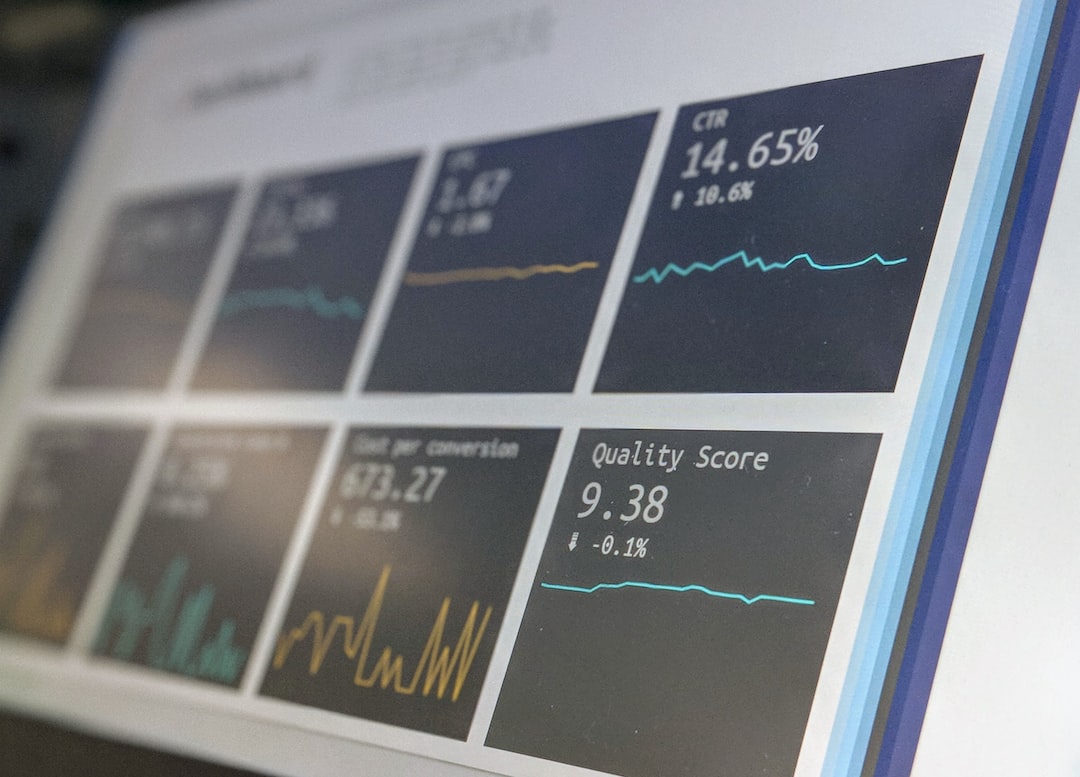The Future of Artificial Intelligence: Implications and Possibilities
Artificial Intelligence (AI) has rapidly transformed our world, revolutionizing industries and augmenting human capabilities. From autonomous vehicles to virtual personal assistants, AI has become an integral part of our daily lives. As we move forward, the future of AI holds immense implications and possibilities that have the potential to reshape society as we know it.
One of the most significant implications of AI lies in the realm of employment. With the rise of automation, there is a growing concern about the displacement of jobs and the impact it might have on the workforce. However, while AI may eliminate certain roles, it is also expected to create new job opportunities. As AI takes over repetitive, mundane tasks, it allows humans to focus on more creative and complex work. Moreover, the development and maintenance of AI systems itself will require skilled professionals. Therefore, while employment patterns may change, AI has the potential to enhance productivity and create new avenues for human contribution.
Another area where AI will have a profound impact is healthcare. The ability of AI systems to analyze vast amounts of medical data and identify patterns can lead to faster and more accurate diagnoses. Machine learning algorithms can predict disease outbreaks and assist in developing targeted treatments. AI-powered robots can also provide support to healthcare workers, delivering medications, assisting with surgeries, or even providing companionship to patients. With greater access to personalized healthcare, longer life expectancies, and improved quality of life, the future of healthcare powered by AI is bright.
In the field of transportation, AI is expected to revolutionize the way we commute. Self-driving cars, once a dream, are now a reality, with companies like Tesla and Google leading the way in autonomous vehicle technology. Not only can AI-powered systems reduce accidents caused by human error, but they also have the potential to optimize traffic flow, reduce congestion, and improve fuel efficiency. Moreover, the introduction of AI in aviation could lead to safer and more efficient air travel, with AI systems monitoring flight conditions in real-time and making instantaneous adjustments.
Education is yet another area where AI holds immense possibilities. With the advent of e-learning platforms, AI can be used to personalize learning experiences based on individual student needs, capabilities, and learning styles. Intelligent tutoring systems can provide immediate feedback and tailor instructional strategies to the student’s progress. AI-powered chatbots can answer student queries, freeing up time for teachers to focus on delivering engaging learning experiences. By harnessing AI, education can transcend the boundaries of traditional classrooms, bringing high-quality education to remote areas and underserved populations.
The ethical implications of AI cannot be ignored as we step into the future. The increase in AI’s capabilities raises concerns such as privacy invasion, algorithmic biases, and the potential development of autonomous weapon systems. It is imperative that we establish a robust legal and regulatory framework to ensure AI systems are used responsibly and ethically. Transparency, accountability, and fairness must be built into AI algorithms to prevent unintended consequences and biases that may perpetuate existing societal inequalities.
In conclusion, the future of AI is filled with exciting possibilities and implications for various industries. While concerns about job displacement and ethical issues persist, AI has the potential to revolutionize healthcare, transportation, education, and many other sectors. By harnessing the power of AI, we can unlock new opportunities for human creativity, productivity, and well-being. Embracing AI responsibly and ethically will be crucial in shaping a future where humans and machines work together to create a better world.

